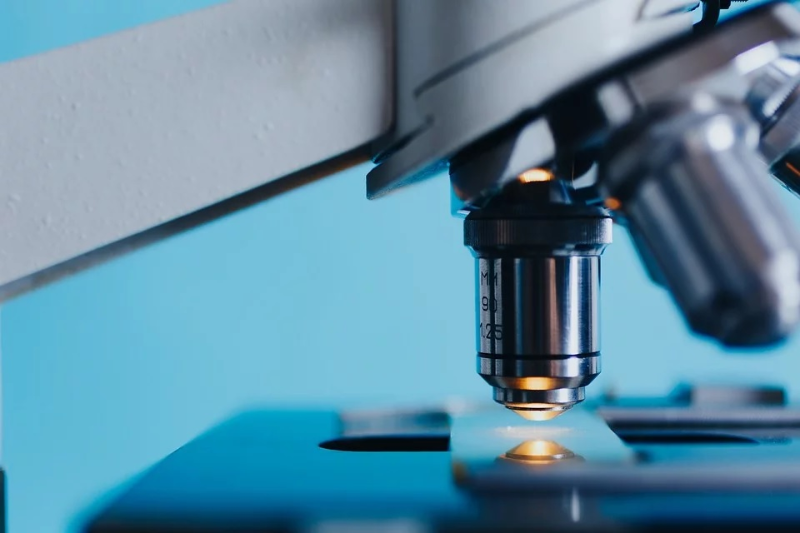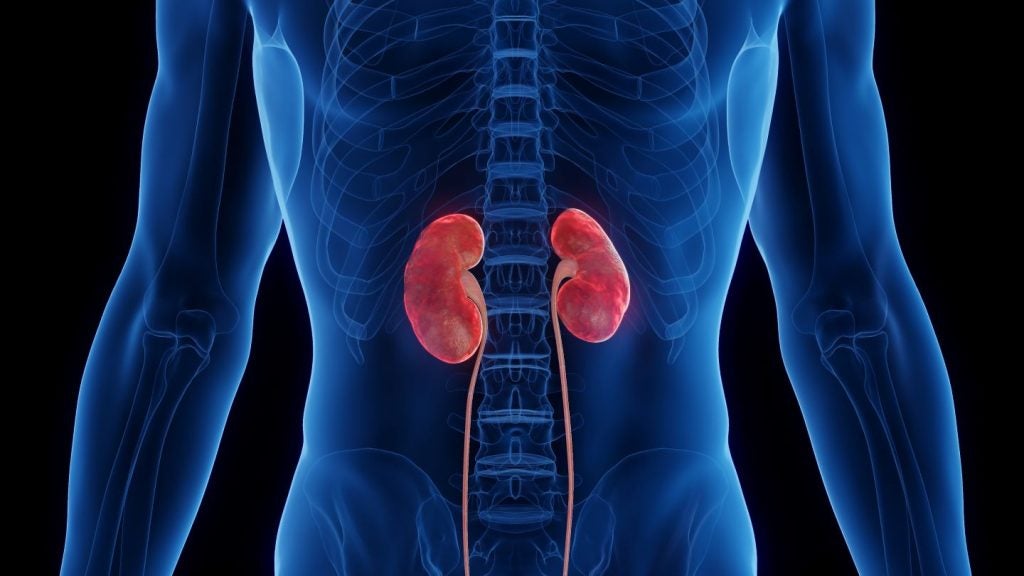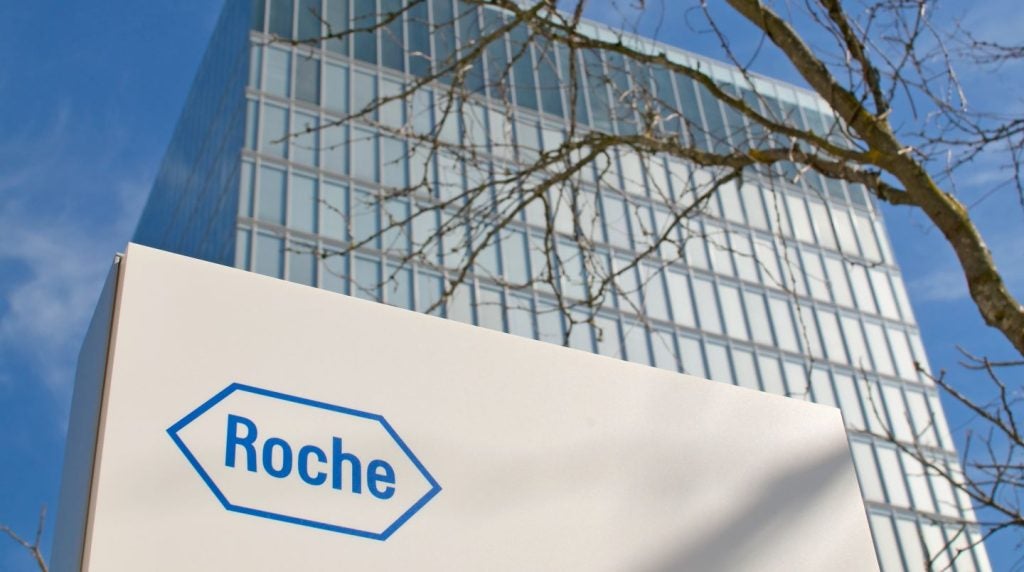
Sensorion’s SENS-111 (Seliforant) has failed to meet the primary efficacy endpoint in the Phase IIb proof-of-concept trial to treat acute unilateral vestibulopathy (AUV), also called vestibular neuritis.
SENS-111 is a histamine type 4 receptor antagonist selected to treat AUV with oral administration and no sedative effect. It works by having a pronounced inhibitory effect on vestibular neuron activity, decreasing vestibular tone imbalance.
The randomised, double-blind, placebo-controlled study was undertaken in Europe, Israel, South Korea and the US in a total of 105 patients.
The company said every patient took part in the study for four weeks, with four days of double-blind treatment and a follow-up with no investigational product until 28 days after inclusion.
Even though SENS-111 did not meet the primary endpoint of vertigo intensity, it was found to be safe and well-tolerated in all patients.
Sensorion said it will pursue no further activities associated with SENS-111 and will now focus on advancing its hearing loss disorders pipeline. SENS-111 has various patent families until at least 2028.
How well do you really know your competitors?
Access the most comprehensive Company Profiles on the market, powered by GlobalData. Save hours of research. Gain competitive edge.

Thank you!
Your download email will arrive shortly
Not ready to buy yet? Download a free sample
We are confident about the unique quality of our Company Profiles. However, we want you to make the most beneficial decision for your business, so we offer a free sample that you can download by submitting the below form
By GlobalDataSensorion CEO Nawal Ouzren said: “We will now focus on further building our pipeline by concentrating investment in the ongoing development of SENS-401, currently in Phase II for sudden sensorineural hearing loss (SSNHL) and in two preclinical gene therapy programmes, which are being developed in collaboration with Institut Pasteur.”
AUV is a cause of severe acute vertigo. It is a rare or orphan disease (annual incidence of 3.5 to 15.5 per 100,000 persons), with the most common age of onset being between 30 and 60.
Clinical-stage biotech firm Sensorion specialises in the development of therapies to restore, treat and prevent within the field of hearing loss disorders.
In the second half of 2019, the company launched two preclinical gene therapy programmes intended to correct hereditary monogenic forms of deafness, including Usher type 1 and deafness caused by a mutation of the gene encoding for Otoferlin.






